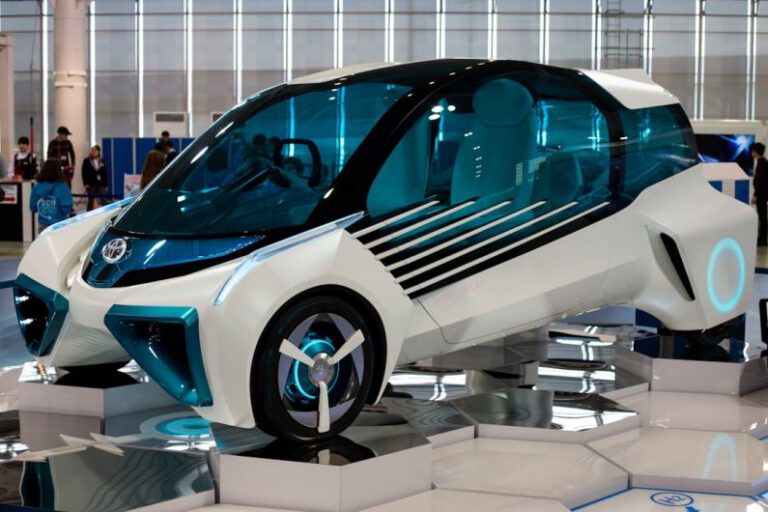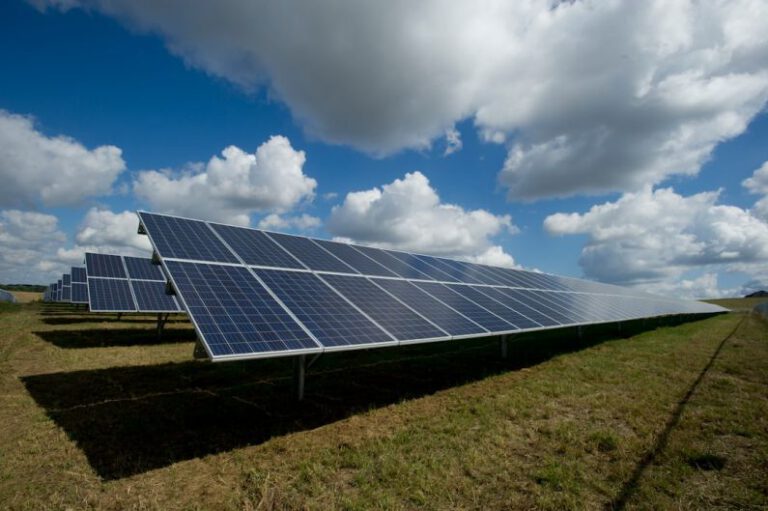Smart Grids: the Intelligent Energy Network
In a world where energy consumption is continuously on the rise, the need for efficient and sustainable energy management has become more crucial than ever. Smart grids have emerged as a groundbreaking solution to address the challenges of the traditional power grid system, offering a more intelligent and integrated approach to energy distribution and consumption. By leveraging advanced technology and real-time data analytics, smart grids have the potential to revolutionize the way we generate, distribute, and consume electricity. This article delves into the concept of smart grids and explores the benefits and implications of this innovative energy network.
Enhancing Grid Resilience
One of the key advantages of smart grids is their ability to enhance the resilience and reliability of the energy infrastructure. Traditional power grids are vulnerable to disruptions and outages, often leading to significant economic losses and inconvenience for consumers. Smart grids, on the other hand, leverage digital communication technologies to create a more robust and flexible energy network. By integrating sensors, meters, and automation systems, smart grids can detect and respond to disruptions in real time, minimizing downtime and improving overall system reliability.
Optimizing Energy Efficiency
Another significant benefit of smart grids is their capacity to optimize energy efficiency and reduce wastage. Traditional power grids operate on a centralized model, where electricity is generated at a few large power plants and distributed to consumers through a network of transmission lines. This approach is often inefficient, leading to energy losses during transmission and distribution. Smart grids, however, enable a more decentralized and dynamic energy system, where power generation is distributed across a network of renewable energy sources, storage systems, and smart devices. By optimizing energy flow and consumption patterns, smart grids can significantly reduce energy wastage and lower overall electricity costs.
Empowering Consumers
Smart grids empower consumers by providing them with greater visibility and control over their energy usage. Through the deployment of smart meters and home energy management systems, consumers can monitor their electricity consumption in real time and make informed decisions about when and how they use energy. This level of transparency enables consumers to optimize their energy usage, reduce their carbon footprint, and lower their electricity bills. Additionally, smart grids support the integration of renewable energy sources, such as solar panels and wind turbines, allowing consumers to generate their electricity and sell excess power back to the grid.
Facilitating Grid Modernization
The transition to smart grids represents a significant step towards modernizing the aging energy infrastructure. Traditional power grids were designed decades ago and are ill-equipped to meet the evolving demands of a digital and interconnected world. Smart grids introduce a range of advanced technologies, such as digital communication networks, cloud computing, and artificial intelligence, to create a more agile and responsive energy system. By embracing these innovations, utilities can better manage peak demand, integrate renewable energy sources, and support the electrification of transportation.
Challenges and Considerations
While the benefits of smart grids are undeniable, their widespread adoption poses several challenges and considerations. One of the primary concerns is cybersecurity, as smart grids rely heavily on digital communication networks that are vulnerable to cyber threats. Ensuring the security and privacy of data transmitted across smart grids is essential to safeguarding the integrity of the energy system. Additionally, the upfront costs of deploying smart grid infrastructure can be substantial, requiring significant investment from utilities and policymakers. Overcoming these challenges will be crucial to realizing the full potential of smart grids in driving the transition towards a more sustainable and resilient energy future.
In conclusion, smart grids represent a paradigm shift in the way we generate, distribute, and consume electricity. By harnessing the power of advanced technology and data analytics, smart grids offer a more intelligent and integrated approach to energy management. From enhancing grid resilience to optimizing energy efficiency and empowering consumers, the benefits of smart grids are far-reaching. However, addressing the challenges of cybersecurity and investment will be essential to ensuring the successful deployment and operation of smart grids on a global scale. As we continue to navigate the complex landscape of energy transition, smart grids stand out as a transformative solution that holds the key to a more sustainable and efficient energy network.






